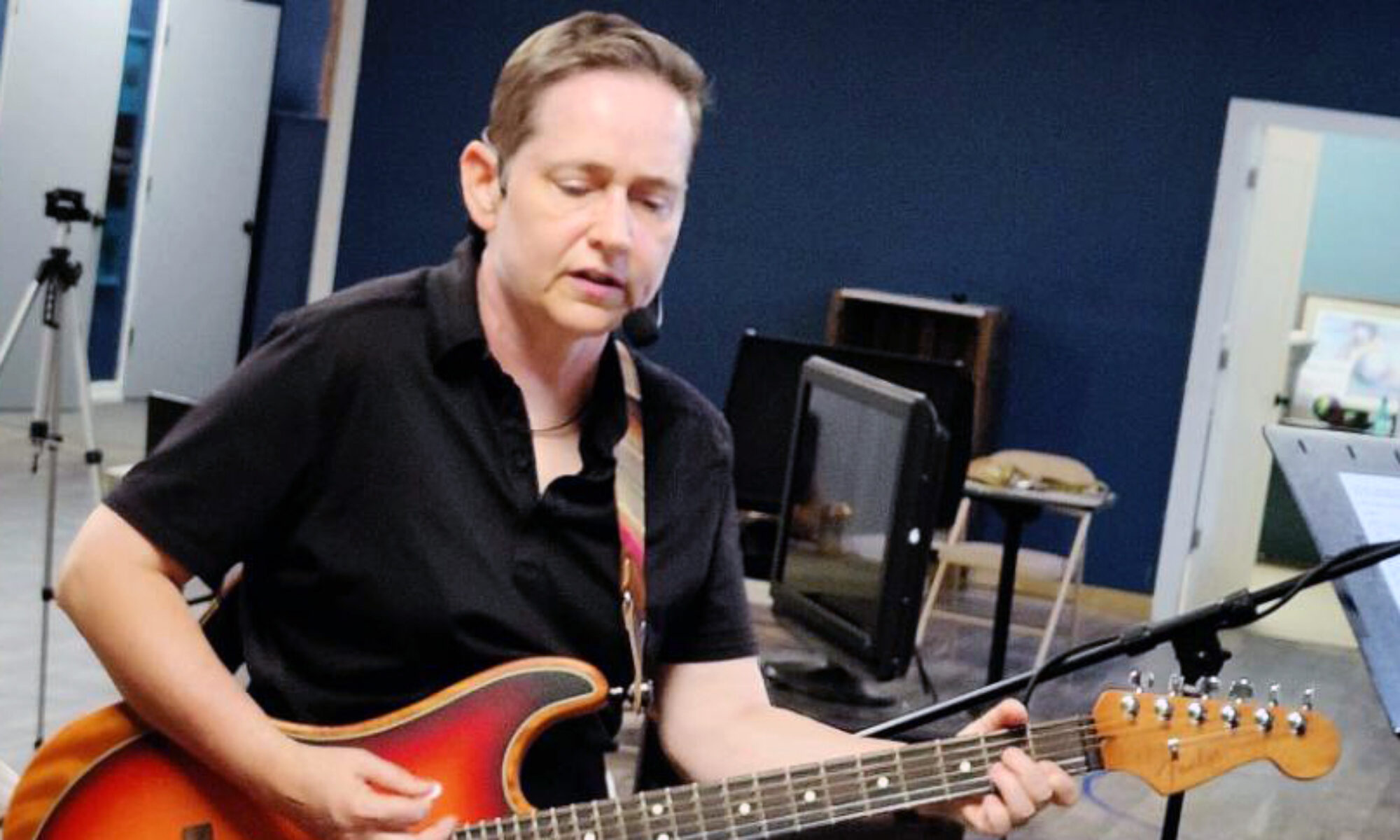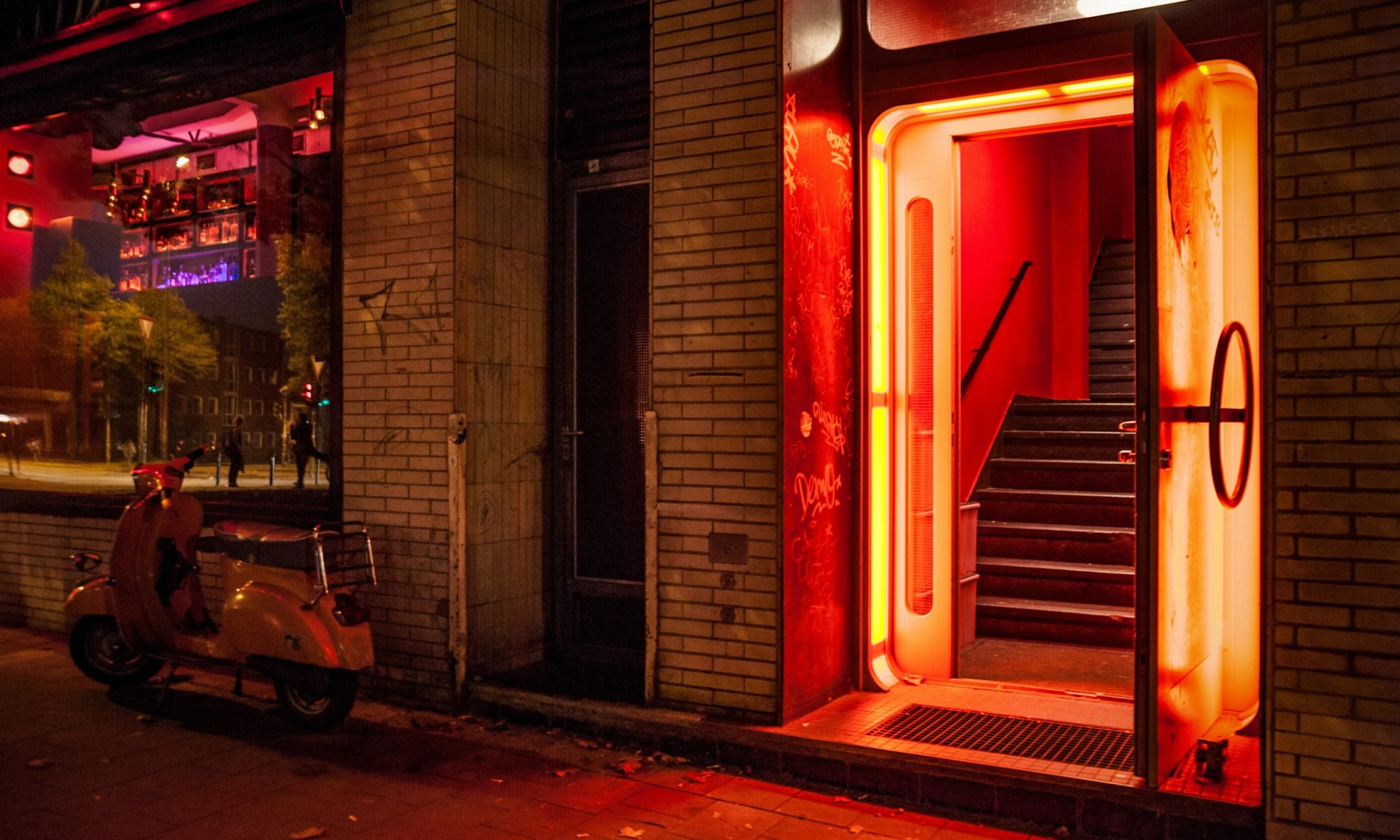Lesson 42: God is my strength. Vision is His gift.
I have trouble asking for help. It’s not that I think I’m all that and can do what needs to get done on my own. I don’t like to feel that I’m inconveniencing people and fear that I’ll feel rejected if a string of people turn down my request. Consequently, I either do something poorly, or make a lot of mistakes, or just decide whatever I thought I needed help with could wait, or ultimately go undone.
It’s all just an ego trick, of course. Feeling reticent to connect with others and seek their assistance is a symptom of the separation. The ego tells us, “They have their lives, y’know. Asking them to go out of their way for you is selfish and a sign of weakness that you can’t handle something in your own life.”
Fostering feelings of shame, blame, insecurity and inferiority is all part of the ego’s stock and trade to keep us perpetuating the separation we feel from those around us – and also from God. In the Southern Baptist tradition in which I was raised, I was always taught to rely on God for strength – but at the same time, you had be at work, proving you were a capable “partner” with God.
“Faith without works is dead,” the book of James tells us, and there’s a reason that Martin Luther called that book, “a gospel of straw.” Being “at work” while relying on God for “strength” doesn’t prove anything except that you have missed the entire point of surrender. Doing “works” to prove you have faith is the exact opposite of what it means to rely on God for strength and vision.
Instead, we are called to rely on God’s strength and vision alone. If we need to do something – if “works” are required – we will be led to do them because we have relied first on God’s strength and vision – not as some outward sign that we have to look busy or we’ll be seen as lazy, faithless spiritual lay abouts.
So often, we get our spiritual work backwards. We think we need to be out here doing something in the world – caring for the poor, the sick, the needy, the oppressed. Of course, we should be about the business of alleviating the suffering of the world – but unless we have fully surrendered our will and our motivation to the strength and vision of God, many of our actions may unintentionally worsen the situation or harm those involved.
All of our actions are infused with the spirit in which we do them. If we’re acting from a place of guilt – because, y’know faith without works is dead – then we’ll simply be creating more guilt in the world, which is the opposite of what we want to create. The ego is concerned with what our actions look like out in the world. “What will people think?” But our higher, divine Self knows that even if we’re being criticized for being inactive, or indifferent, if we continue to trust in God’s strength and vision, we’ll be led to take the right action in time – even if that means taking no action right now.
Surrender does not mean that we give up on situations and challenges. It means that we wait until we know what the right action that needs to be taken to bring about the miracle that is needed. That can look like inaction and indifference to some who may criticize us – but being deliberate in taking an action that is helpful is far more effective than plunging into a situation without Holy guidance and causing more harm.
The good news of today’s lesson is that God’s strength and vision are always available. The doorway into God’s heart is always open. In every moment we can take time to stop, reflect, seek God’s strength and vision and surrender to the actions we need to take to spark miracles in this world.
“Your passage through time and space is not at random,” this lesson reminds us. “You cannot but be in the right place at the right time. Such is the strength of God. Such are His gifts.”
Hafiz asks:
“Where is the door to God?
In the sound of a barking dog.
In the ring of a hammer, in a drop
of rain, in the face of everyone,
everyone I see.
Where is the door to the divine
tavern? Yes, in all we can behold.”
Photo by mali maeder from Pexels

